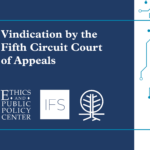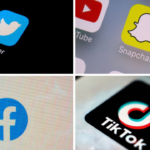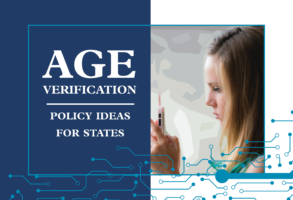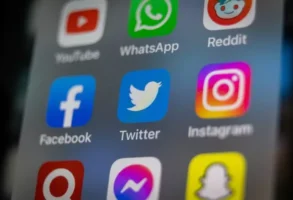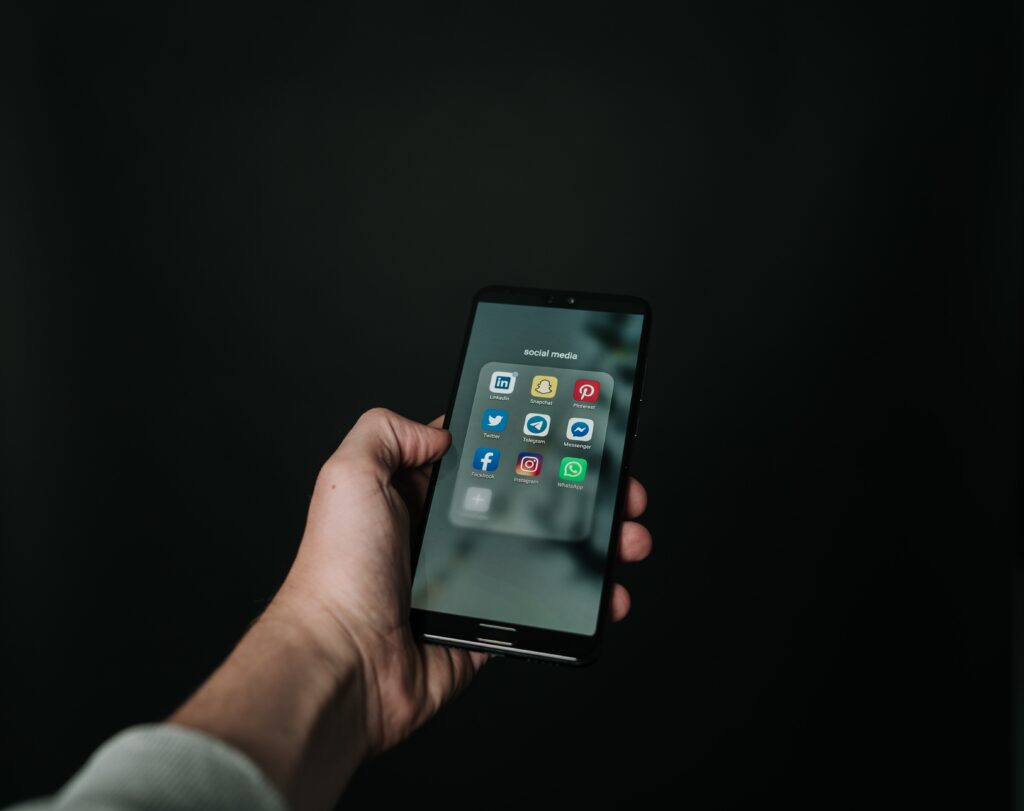
Published March 30, 2023
The state of Utah is leading the way in protecting kids online. And it’s doing so by empowering parents. Just last week, Governor Spencer Cox signed two historic social media bills into law. The United States Congress and every other state should follow Utah’s lead in protecting kids from the harms of social media.
The only federal law related to protecting children online is the Children’s Online Privacy Protection Act (COPPA), passed in 1998 well before the advent of social media. COPPA allows companies to collect data from children over the age of 13 without parental consent, which due to the companies’ business model has made 13 the de facto age for social media. Utah’s laws are therefore the first of their kind and hopefully many more states will follow suit.
Utah’s two bills aim to empower parents in the battle to protect their kids online. As I’ve written elsewhere, the problem of social media is not a private one. Just a few children using social media in their school is enough to create a “network effect,” where those who do not use social media are still affected by it because of how it changes the social environment. Even if parents choose to fight the difficult individual battles to keep their own children off these platforms, it will not be enough to shield them from all its effects.
Now, the state of Utah has stepped up and come to parents’ aid. SB 152, the real heavy hitter of the two laws, will require social media companies to obtain parental consent for a minor under the age of 18 in Utah to create or operate an account. If a parent does consent, the law will require companies to give parents full access to their child’s social media accounts. This puts the power over children’s online behavior squarely back in parents’ hands, where it belongs, rather than in those of companies that are out to profit off our children.
Perhaps the most innovative provision of the law is its overnight shutdown of social media for minor accounts in Utah from 10:30 pm to 6:30 am. This shutdown will help prevent sleep deprivation among teens, one likely mechanism for how excessive social media use causes mental health problems. Teens who are heavy users of social media sleep about an hour less a night than peers who are not, and sleep deprivation is a significant risk factor for depression among adolescents.
The law also requires companies to treat minor accounts differently than adult accounts by limiting their appearance in search results; disabling direct messaging with accounts that aren’t “friends”; preventing the collection of minors’ data; and prohibiting targeted advertising and targeting or suggesting groups, products, services, posts, or accounts to minors. It’s about time we recognized that a child’s experience of social media is very different than an adult’s and protected them accordingly. These provisions will help protect children from a myriad of harms associated with social media, from predators trying to groom and exploit them, to advertisers trying to profit off them, to the algorithms that “suggest” content that quickly sends kids down dangerous rabbit holes.
The second bill that Gov. Cox signed into law, HB 311, also seeks to empower parents. It creates a private right of action so parents can sue social media companies to recover damages for any addiction, financial, physical, or emotional harm their child suffers as a consequence of using or having a social media account.
Big Tech and its heavily funded lobbyists are already up in arms, and they won’t be going away without a fight. They are trying to wield the First Amendment as a battering ram against the laws, alleging that they violate the First Amendment by banning anonymous speech and infringing on adults’ lawful access to constitutionally protected speech.
These arguments are smoke and mirrors. The laws will in no way infringe on adults’ access to speech online. All that will be required for users in Utah to form or operate a social media account is verification they are over the age of 18. And this process need not be burdensome on adults. The law has left it to the Division of Consumer Protection in Utah to determine the means and acceptable forms of identification for age verification.
Furthermore, in response to the allegation that the laws ban anonymous speech—referring to the provision in SB 152 saying that social media accounts of a minor in Utah will now be subject to parental access—there are legal precedents for protecting the rights of parents over their children and the communications their children are seeing.
For example, in the context of solicitations by mail, the Supreme Court has upheld laws that allow parents to prohibit mailings from sources known to send sexual or otherwise non-family-friendly solicitations, as in the case of Rowan v. U.S. Post Office Department. It would seem that if parents can prevent a mailer from sending solicitations to their kids, state laws can require parents to have oversight of the communications their children are receiving and sending online. The Supreme Court in FCC v. Pacifica Foundation also upheld indecency regulations of broadcast radio and television with the goal of protecting children and the rights of parents to protect the sanctity of the family from inappropriate communications.
Utah’s new law requiring parental consent for social media draws on contract law, making it both innovative in its approach and defensible on legal grounds. Creating a social media account and agreeing to its terms of service is akin to entering a contract. As explained in a joint report by the Ethics and Public Policy Center and the Institute for Family Studies, because children can make enforceable contracts for which parents could end up bearing responsibility, parents have an undeniable interest in controlling when and with whom children enter into contracts. It is thus a reasonable regulation for parental consent to be required for children to form online contracts, like social media accounts. Furthermore, by focusing on consent tied to the creation or operation of a social media account, rather than consent for data collection, the law avoids federal preemption by COPPA.
Other states and Congress should follow Utah’s bold example and pass similar legislation to empower parents to protect their children online.
Clare Morell is a policy analyst at the Ethics and Public Policy Center, where she works on the Technology and Human Flourishing Project. She worked in the White House Counsel’s Office and the Justice Department during the Trump administration.
Clare Morell is a Senior Policy Analyst at the Ethics and Public Policy Center, where she directs EPPC’s Technology and Human Flourishing Project. Prior to joining EPPC, Ms. Morell worked in both the White House Counsel’s Office and the Department of Justice, as well as in the private and non-profit sectors.





